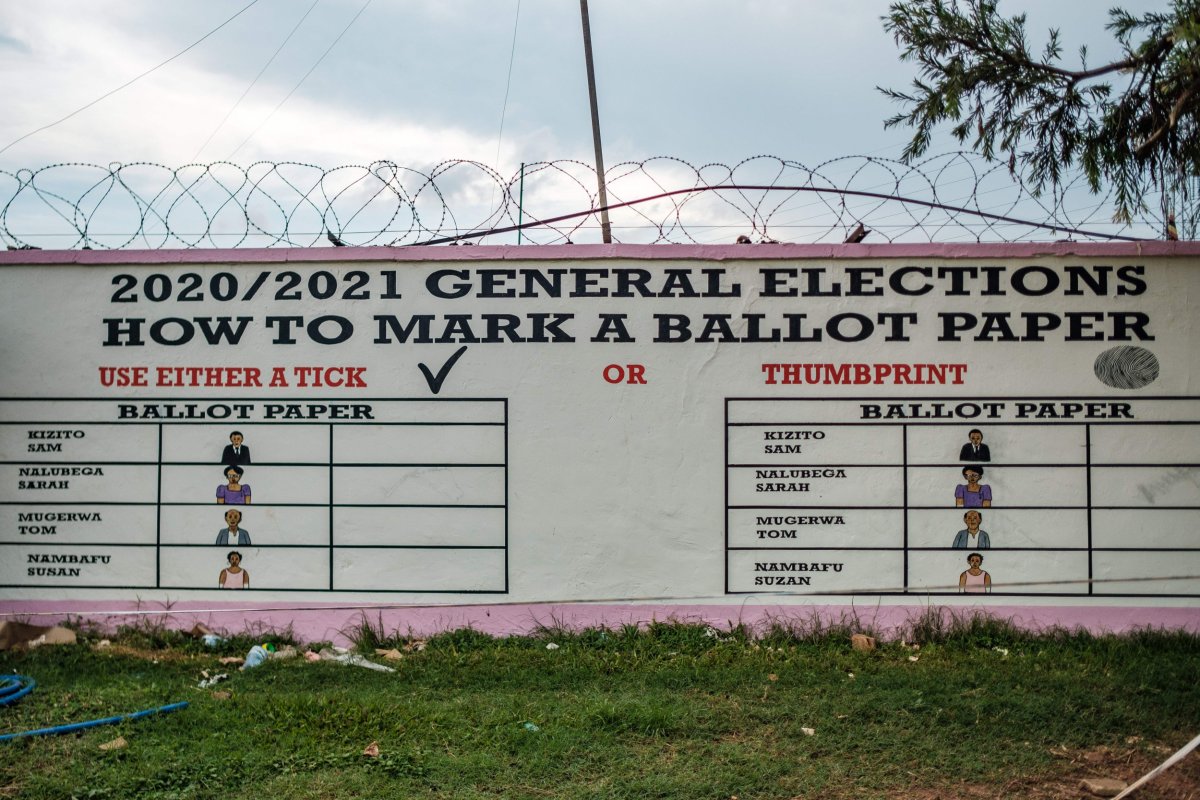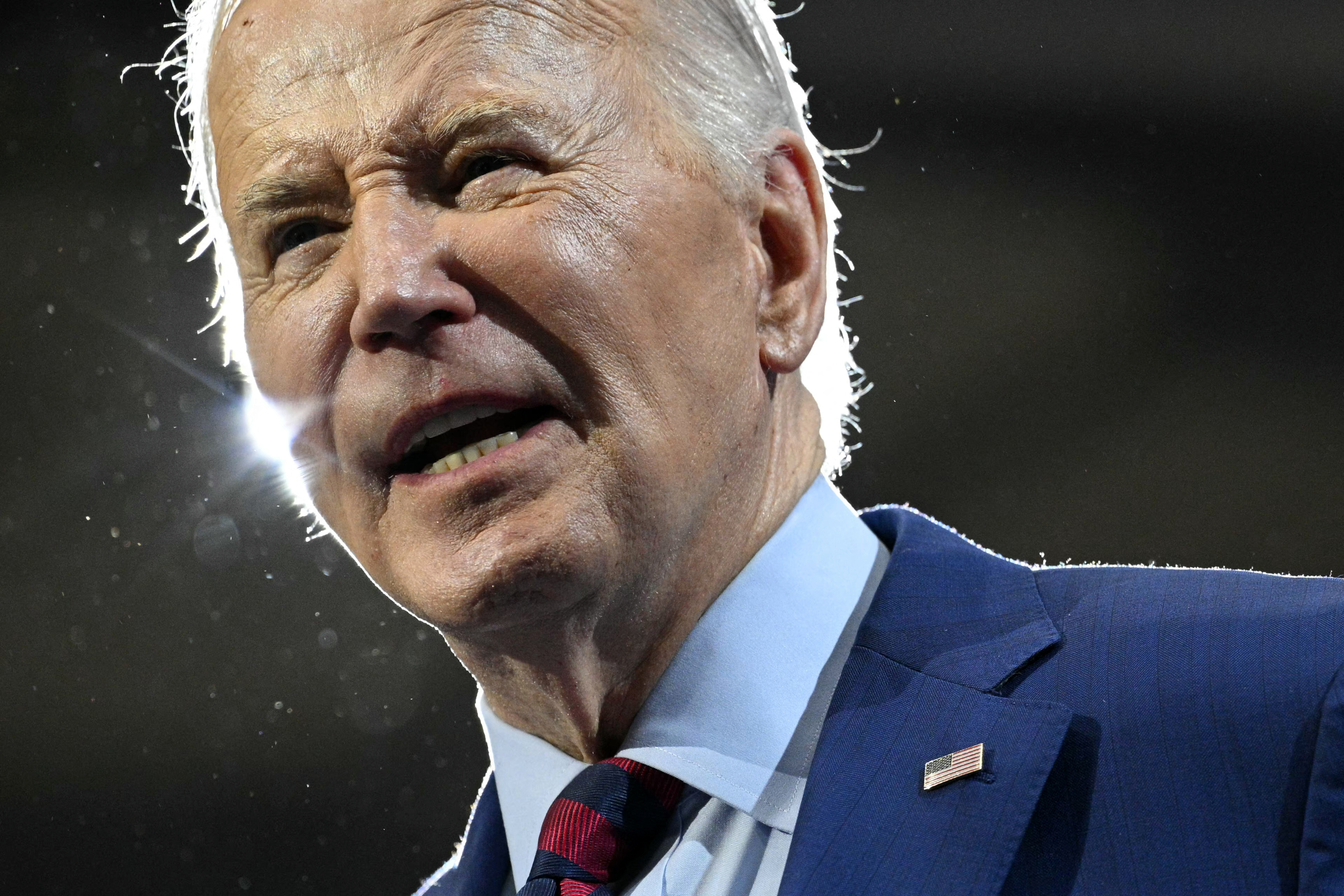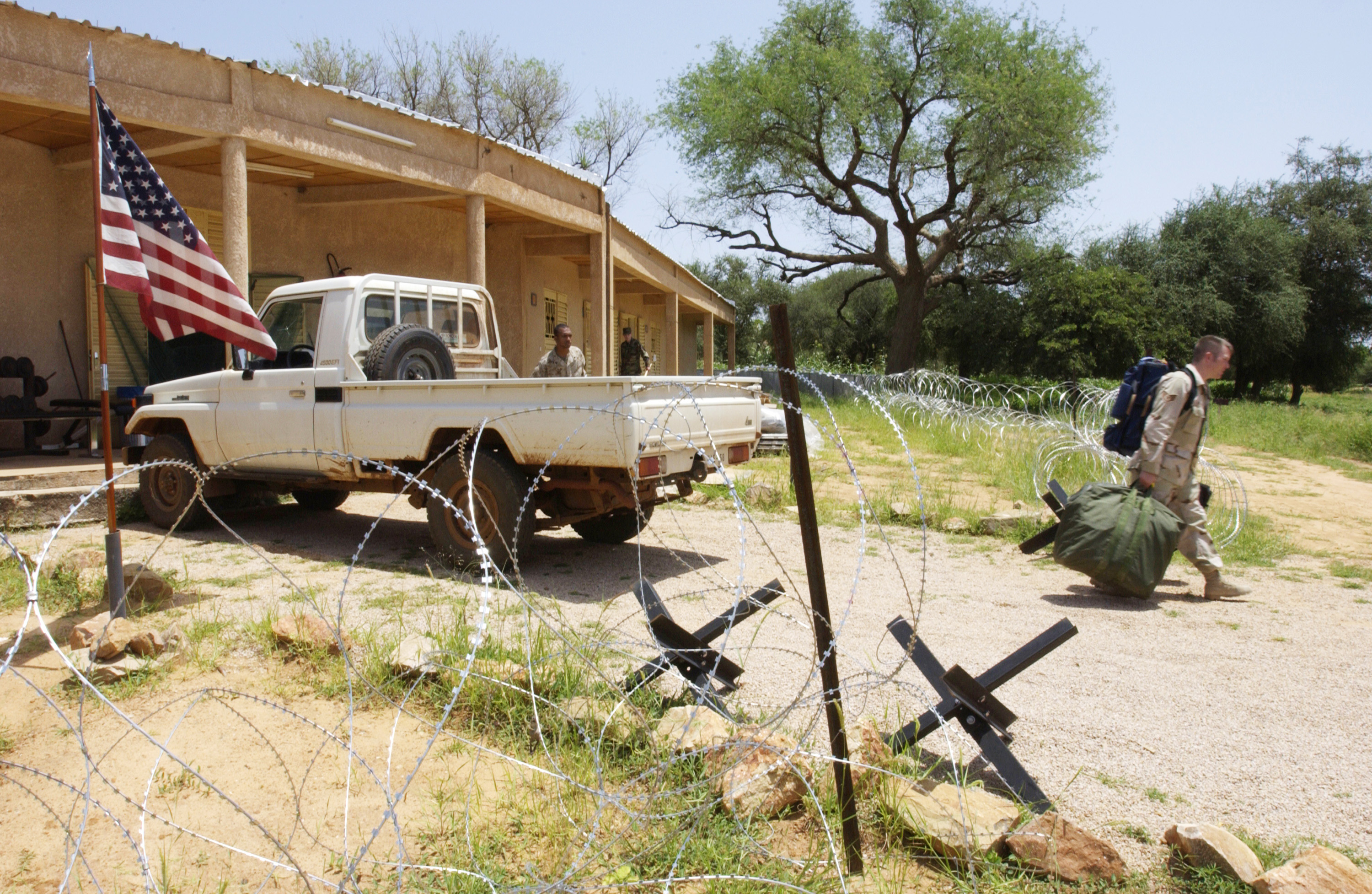Days after Twitter criticized the Ugandan government's order for Internet providers to block social media in the days leading to the African country's election, the results have been called, with Yoweri Museveni the victor over Bobi Wine. Wine plans to dispute the election, alleging that he has evidence that voter fraud cost him the election.
Museveni received 5.85 million votes, almost 59 percent of the total. Wine received almost 35 percent with 3.48 million votes. According to Reuters, the Uganda Communications Commission ordered a nationwide internet blackout beginning on Wednesday evening at 7 p.m., the day before election day. The letter about the shutdown said that it would "continue until otherwise directed."
Two days prior the election, Twitter condemned the internet shutdown via its Public Policy account. "We strongly condemn internet shutdowns – they are hugely harmful, violate basic human rights and the principles of the #OpenInternet," the tweet said.
UPDATE: Uganda Communications Commision has implemented a temporary suspension of the operation of all internet Gateways and associated access points.
— NBS Television (@nbstv) January 13, 2021
Details to come.#NBSUpdates #UgVotes2021 pic.twitter.com/PdQuPOeDNh
Following Twitter publicly condemning the shutdown, a number of people spoke out against the statement, calling it hypocritical after the platform permanently suspended President Donald Trump's account for possibly encouraging acts of violence. Some called it "ironic," and others said that the company wasn't self-aware.
Fox News' Tucker Carlson lambasted the statement and made reference to bans on social media. "None of this is really very funny. It's terrifying. We don't need to convince you of that. You have seen the crackdown and the censorship all week long, and you sense all of it's going to get worse, and you're right about that. It is going to get worse," he said in a segment.
Ironic. https://t.co/64TVjzEkek
— Jack McGuire (@JackMacCFB) January 12, 2021
The lack of self-awareness is quite incredible. https://t.co/B4c7d4CdaA
— Caleb Hull (I'm With the CCP Don't Ban Me) (@CalebJHull) January 12, 2021
The blackout limited communication among Ugandans, including election observers and opposition party operatives, and limited information that people could access. Wine plans to dispute the results, and he claims to have evidence of voter fraud that he will provide once the internet is back.
Twitter shared that it had been active in trying to combat those who had tried to interfere in the election and said information on where interference comes from will be made available. It also emphasized the importance of access to information, especially during an election. "Earlier this week, in close coordination with our peers, we suspended a number of accounts targeting the election in Uganda," the tweet read. "If we can attribute any of this activity to state backed actors, we will disclose to our archive of information operations.
Earlier this week, in close coordination with our peers, we suspended a number of accounts targeting the election in Uganda.
— Twitter Public Policy (@Policy) January 12, 2021
If we can attribute any of this activity to state-backed actors, we will disclose to our archive of information operations:https://t.co/GB71n4avwm
Access to information and freedom of expression, including the public conversation on Twitter, is never more important than during democratic processes, particularly elections.#UgandaDecides2021 #KeepItOn https://t.co/Q2SJfsFUiD
— Twitter Public Policy (@Policy) January 12, 2021
In a Twitter thread on Friday, Assistant Secretary for the U.S. Department of State's Bureau of African Affairs Tibor Nagy wrote on troubling reports about Uganda's elections including fraud. "Coupled with authorities' denial of accreditation to observers, Uganda's electoral process has been fundamentally flawed. We warn against actions against opposition candidates or their supporters, those responsible will be held accountable," he wrote.
We are deeply troubled by persistent reports of fraud in Uganda’s January 14 elections, the Ugandan authorities' denial of accreditation to election observers, violence and harassment of opposition figures, and the arrest of CSO members. [1/3]
— Tibor Nagy (@AsstSecStateAF) January 16, 2021
Nagy also called internet restoration "essential," and said, "The U.S. response hinges on what the Ugandan government does now."
We continue to urge restraint and rejection of violence by all actors as Uganda's election results are announced. The immediate and full restoration of Internet connectivity is essential. The U.S. response hinges on what the Ugandan government does now. [3/3]
— Tibor Nagy (@AsstSecStateAF) January 16, 2021
Twitter declined Newsweek's request for comment.

Uncommon Knowledge
Newsweek is committed to challenging conventional wisdom and finding connections in the search for common ground.
Newsweek is committed to challenging conventional wisdom and finding connections in the search for common ground.
About the writer
To read how Newsweek uses AI as a newsroom tool, Click here.








